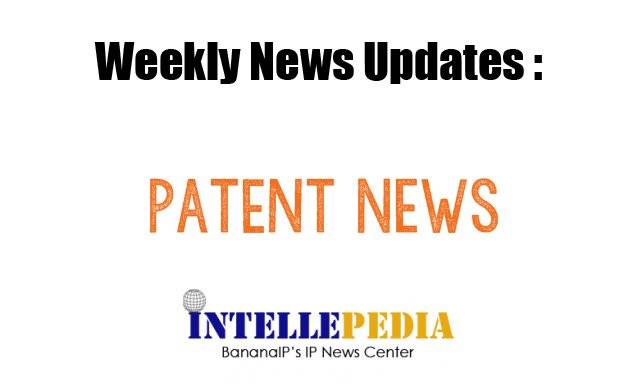This post was first published on 24th July, 2014.
Case Analysis of Dr. Aloys Wobben and another vs. Yogesh Mehra and others.
CIVIL APPEAL NO. 6718 OF 2013
Facts: Dr. Aloys Wobben (Appellant) owns approximately 2,700 patents in more than 60 countries of which 100 patents are in India in the field of wind turbine generators and wind energy converters. Appellant was carrying out the manufacturing process in India through a joint venture partnership with the Yogesh Mehra and Ajay Mehra (Enercon India Limited) (Respondents).
Intellectual Property licence agreements to use the technical know-how of the inventions, was granted to Enercon India Ltd. by the Appellant and further terminated due to the non-fulfillment of the obligations contained in the IP licence agreement. Respondents continued to use the Appellant’s patents without authorization and also filed 19 revocation petitions before the Intellectual Property Appellate Board. Thereafter, the Appellant filed a few infringement suits before the High Court for which the Respondents filed their counter claim. Further, four other revocation petitions were filed by the Respondents before the IPAB. On January 20, 2012, the Delhi High Court held that both counter claim and revocation petition could be explored simultaneously against the same patent.
Issues raised and Analysis of each issue:
Whether a party can seek a counter claim before the High Court and a revocation before IPAB simultaneously as a remedy?
Even though several remedies are available to the Respondents under section 64 of the Patents Act, the word “or” is clearly disjunctive and would dis-entitle them to avail of both remedies for the same purpose simultaneously, as they would likewise be barred by the rule of res judicata. A different cause of action would lead to different findings.
Whether jurisdiction vested with the High Court, to decide a “counter-claim” seeking revocation of a patent in a suit for infringement, could be taken away by an independent petition for revocation, of the same patent, and on the same grounds, pending before the “Appellate Board”?
Where an issue is already pending adjudication between the same parties, in a court having jurisdiction to adjudicate upon the same, a subsequently instituted suit on the same issue between the same parties cannot be allowed to proceed.
With respect to the order passed by the High Court on September 1, 2010, wherein it was agreed that the suits and counter claims should be consolidated and heard by the High Court itself. It was not open to either of the consenting parties to seek redressal from a forum in addition to consented forum. The consent order passed by the High Court was fully justified in the facts and circumstances of the present case as the High Court was a forum which had statutory jurisdiction to deal with the same.
Relevant provisions of Patent Law:
Rights derived out of granted patents is not absolute. It is subjected to opposition under Section 25(2) and revocation proceedings under Section 64(1). A challenge to the grant of patent can also be raised by a defendant in a patent infringement suit. This can be done by the defendant by filing a counter claim in a patent infringement suit.
On the subject of locus, Section 25(2) and Section 64(1) are alike, the locus to raise a challenge to a granted patent lies with “any person interested” in both provisions. If any proceedings have been initiated by “any person interested”, under Section 25(2) of the Patents Act, the same will eclipse the right of the same person to file a “revocation petition” under Section 64(1) of the Patents Act. And also, to invoke the right granted under Section 64(1) of the Patents Act, to file a counter claim (in response to an infringement suit, to seek the revocation of a patent).
Holding:
Setting aside the impugned order, the Supreme Court held that when more than one remedy is available to the respondents under section 64, they are disentitled to avail of both the remedies (revocation and counter claim) for the same purpose simultaneously. Simply put, understanding if the respondents in their capacity as “any person interested” had filed a revocation petition before the institution of an “infringement suit”, they cannot be permitted to file a counter claim on the same cause of action and vice versa.
Ratio decidendi:
The Supreme Court relied on the known principles of law in the silence of the Indian Patents Act on the issue in question. A counter claim is a defense for a person in a suit for infringement. Hence a counter claim cannot be allowed to proceed where the defendant has already instituted separate proceedings against the plaintiff on the same cause of action. According to the Supreme Court having once filed a counter claim in response to the infringement suits, it would not be open to the respondents to file a revocation petition as they would be barred by the rule of res judicata. The word “or” used in section 64 of the act would disentitle the respondents from availing both the remedies for the same purpose simultaneously.
Conclusion:
The Supreme Court has clarified the long standing controversial issue regarding revocation and counter claim. Through this decision the Supreme Court has taken a step forward to prevent multiplicity of proceedings on the same issue before different forums.



